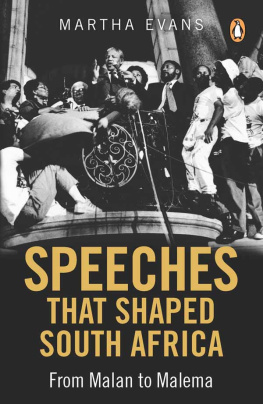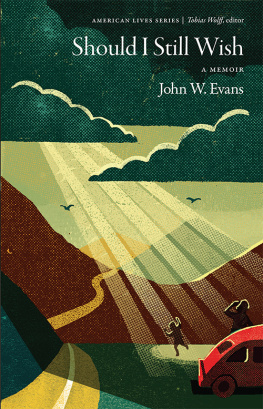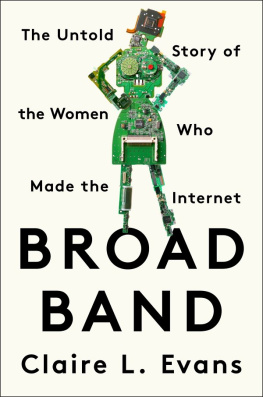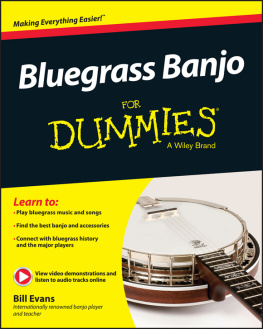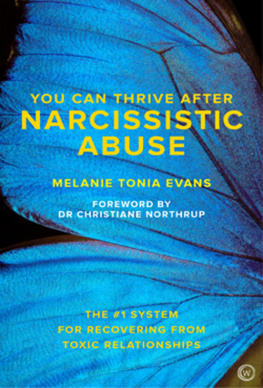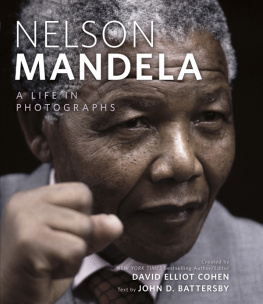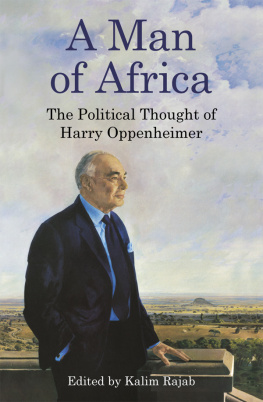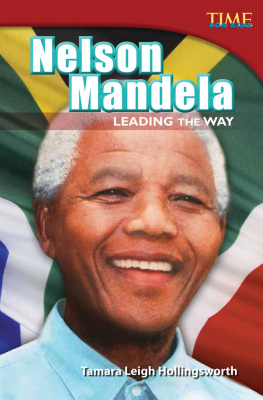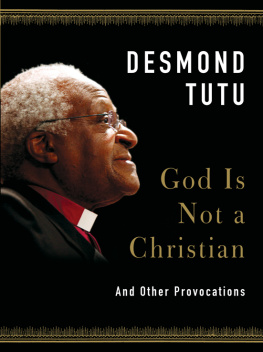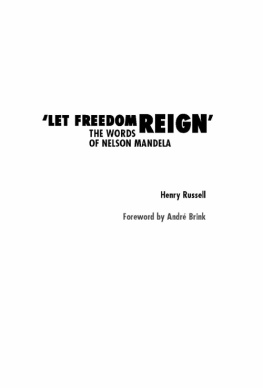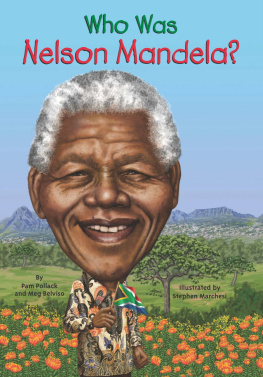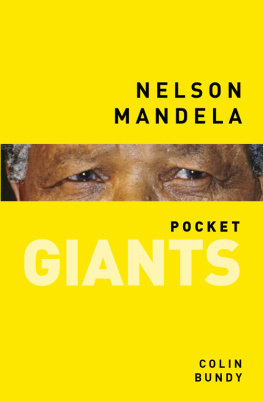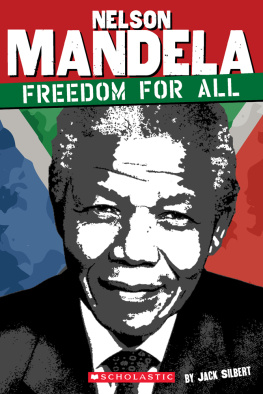
Published by Penguin Books
an imprint of Penguin Random House South Africa (Pty) Ltd
Reg. No. 1953/000441/07
The Estuaries No. 4, Oxbow Crescent, Century Avenue, Century City, 7441
PO Box 1144, Cape Town, 8000, South Africa
www.penguinrandomhouse.co.za

First published 2017
Publication Penguin Random House 2017
Selection and commentary Martha Evans 2017
Albert Luthulis Nobel Prize speech The Nobel Foundation (1961), source http://nobelprize.org
Steve Biko, White Racism, Black Consciousness Steve Biko Foundation, reproduced with permission of Pan Macmillan South Africa
Cover photograph Lindsey Appolis
All rights reserved. No part of this publication may be reproduced, stored in a retrieval system or transmitted, in any form or by any means, electronic, mechanical, photocopying, recording or otherwise, without the prior written permission of the copyright owners.
PUBLISHER : Marlene Fryer
MANAGING EDITOR : Robert Plummer
EDITOR : Dane Wallace
PROOFREADER : Bronwen Maynier
COVER AND TEXT DESIGNER : Ryan Africa
TYPESETTER : Monique Cleghorn
INDEXER : Sanet le Roux
Penguin Random House is committed to a sustainable future for our business, our readers and our planet.
ISBN 978 1 77609 141 6 (print)
ISBN 978 1 77609 142 3 (ePub)
Contents
D.F. MALAN
National Party campaign speech, Paarl, 29 March 1948
YUSUF DADOO
Apartheid over our dead bodies speech, 10 July 1948
LILIAN NGOYI
Presidential address to the Transvaal ANC Womens League, 11 November 1956
ROBERT SOBUKWE
Opening address at the Africanist inaugural convention, 4 April 1959
HAROLD MACMILLAN
Wind of Change speech, 3 February 1960
H.F. VERWOERD
Speech of thanks to Harold Macmillan, 3 February 1960
ALBERT LUTHULI
Nobel Peace Prize lecture, 11 December 1961
WALTER SISULU
First Radio Freedom broadcast, 26 June 1963
NELSON MANDELA
Statement from the dock during the Rivonia Trial, 20 April 1964
BRAM FISCHER
What I did was right, statement from the dock, 28 March 1966
ROBERT F. KENNEDY
Ripple of Hope speech, 6 June 1966
HELEN SUZMAN
Speech in Parliament on the NPs race policy, 22 July 1970
STEVE BIKO
White Racism, Black Consciousness, January 1971
WINNIE MANDELA
Speech at a Charge or Release Detainees meeting, 5 October 1975
B.J. VORSTER
Reply to a motion of no confidence in the government,
30 January 1976
ALLAN BOESAK
Speech at the launch of the UDF, 20 August 1983
OLIVER TAMBO
Year of the Women address, 8 January 1984
ZINDZI MANDELA
My Father Says speech, 10 February 1985
P.W. BOTHA
Rubicon speech, 15 August 1985
FREDERIK VAN ZYL SLABBERT
Resignation speech, 7 February 1986
DESMOND TUTU
Rainbow People of God speech, 13 September 1989
F.W. DE KLERK
Opening of Parliament, 2 February 1990
NELSON MANDELA
Release speech, 11 February 1990
NELSON MANDELA
Televised address after Chris Hanis death, 13 April 1993
NELSON MANDELA
Inauguration speech, 10 May 1994
NOMONDE CALATA AND NYAMEKA GONIWE
Testimony at the Truth and Reconciliation Commission, 1617 April 1996
THABO MBEKI
I am an African, 8 May 1996
NKOSI JOHNSON
Speech at the 13 th International AIDS Conference, 9 July 2000
THABO MBEKI
Resignation speech, 21 September 2008
JULIUS MALEMA
Speech at Marikana, 18 August 2012
AHMED KATHRADA
Speech at Nelson Mandelas funeral service, 15 December 2013
JACOB ZUMA
State of the Nation Address, 12 February 2015
MMUSI MAIMANE
Broken Man speech, 17 February 2015
BARBARA HOGAN
Speech at Ahmed Kathradas memorial, 1 April 2017
Preface
In contrast with books on South African writing, there are few works about speech in the country and even fewer about speeches this, despite our rich oral tradition and the relatively high number of South African orators whose words are revered in international compilations of great twentieth-century speeches. This collection is an attempt to gather some of our most impor tant addresses in one book.
The speeches in this collection span nearly seventy years and represent a selection of the spoken words from some of South Africas influential politi cal traditions. While selecting them, it became clear that there are actually relatively few speeches whose historical influence was immediate. One or two addresses changed the course of history as they were uttered: F.W. de Klerks 2 February speech (), for instance, in addition to being covered in all major newspa pers, was widely reprinted and distributed as part of the anti-apartheid struggle. It changed the international perception of the African National Congress and became one of the founding documents of the nations civic religion.
But the influence of other speeches is less easy to determine. Its not known, for example, how many listeners tuned in to hear Walter Sisulu on the first Radio Freedom broadcast in the middle of the night in 1963 () is difficult to measure.
But if there is anything that an examination of decades worth of power ful speeches reveals, it is this: speeches do not exist in isolation. They may begin as a whisper, but they gather volume and form a powerful chorus of utter ance that ultimately helps to shape history. Speech begets speech, sometimes with literal intertextual references: Harold Macmillans Wind of Change () thread through Steve Biko and together find their way into Mbe kis I am an African speech, which emphasises African agency and self-reliance. Moreover, many of the speakers in this collection have established foundations (e.g. Helen Suzman, Steve Biko, Nelson Mandela, F.W. de Klerk, Thabo Mbeki and Ahmed Kathrada), which preserve the traditions and morals they espoused.
Of course, the afterlife of speeches is dependent on their being known, and one of the major constraints in selecting influential addresses from the apartheid era is the imbalance in archiving. The words of many apartheid leaders were carefully and systematically recorded as part of the Afrikaner nationalist project to build a nation from words, ) were found in already existing volumes published in their honour. This was not always true of the discourse of the liberation movement, not least because of the apartheid states attempts to silence the voices of the opposition.
Prior to 1994 , an ever-increasing variety of interlinked laws conspired to drive dissident speech underground, ensuring its near erasure from history. Most vicious was the Suppression of Communism Act of 1950 , which gave the state the power to create a uniquely South African category of individual, the so-called banned person. At its heart, the arbitrarily served banning order was an attempt to stop people from giving speeches. While there were various permutations of the law, banned persons were usually confined to non-public spaces and forbidden to attend gatherings of more than a permitted number of people usually determined by the perceived threat posed by that banned person.
Next page
